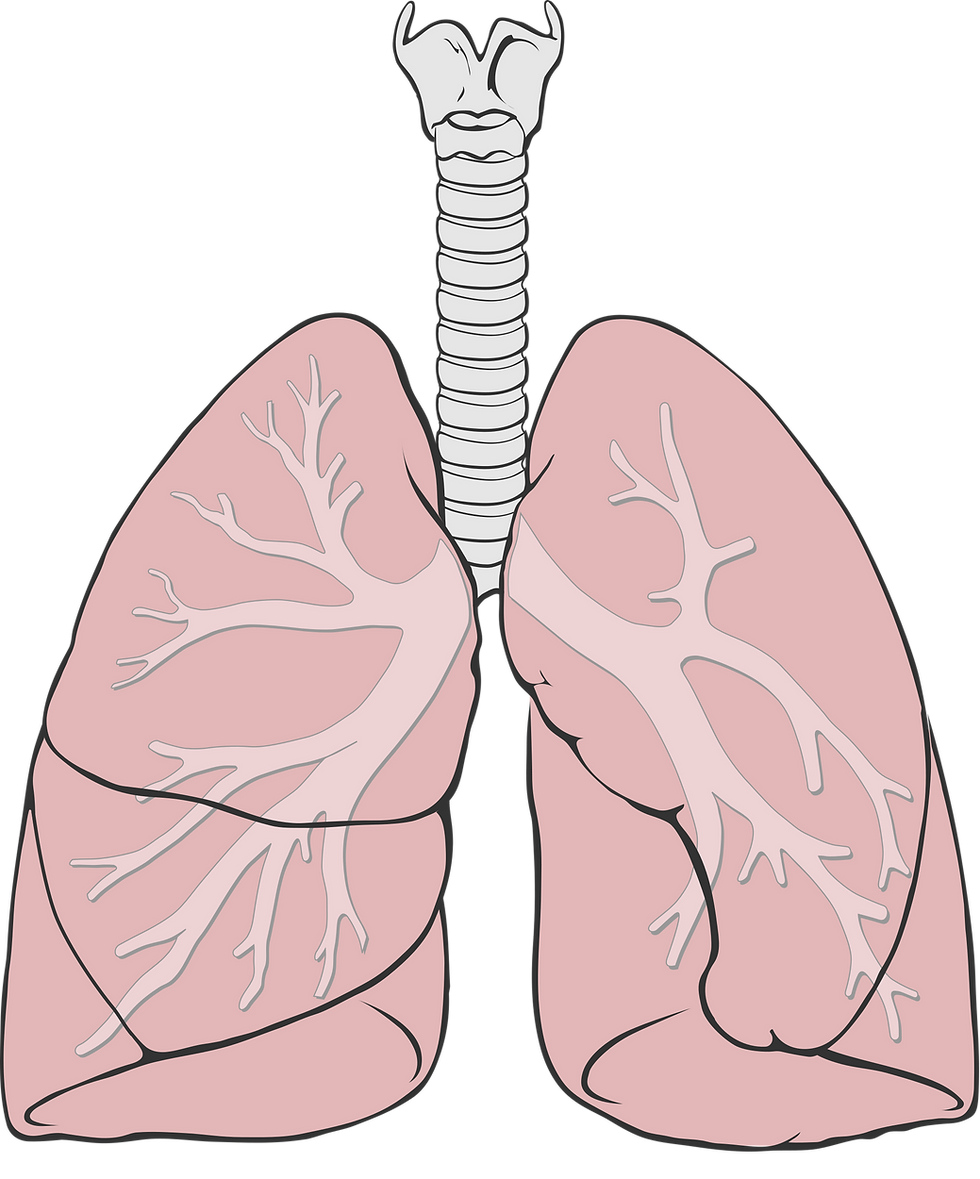Benefits of Radiation Therapy in Treating Cancer
- Neha Gupta
- Aug 9, 2019
- 2 min read
Radiation Oncology is one of the specialized treatment protocols in cancer care that involves the use of high-energy particles – usually photons or revolutionary protons - to attack cancer cells. Radiation Oncology is an evolving ecosystem with new revolutionary treatments emerging constantly.
Ideal Situation For Radiation Therapy:
To Cure Early-Stage Cancer
Radiation therapy is ideally suited to cure cancers which are extremely sensitive to radiation. Exposure to radiation beams shrinks these cancers or removes them completely. In the early stages of cancer care, radiation is often used to complement chemotherapy, or as a precursor to surgery.
Critical Adjunct In Multi-Modal Therapy
Radiation therapy is used in combination with other forms of treatment, like Proton Therapy, Medical or Surgical Oncology, to attack cancer cells. Radiation can shrink tumors before chemotherapy or surgery, or attack residual cancerous tissue after other treatment modalities have been used.
To Control Cancers From Recurring In Other Parts
Oncologists often use empirical evidence to predict the course cancer could take. However, cancer has a demonstrated propensity to spread to different parts of the body. Radiation is used preventively to make a pre-emptive strike before cancer actually spreads to other parts of the body like lungs and cause lung cancer.
To Treat Recurring Cancers
If a person's cancer has returned (recurred), radiation might be used to treat cancer or to treat symptoms caused by advanced cancer.
Vital Modality In Palliative Care For Symptomatic Relief
In very advanced stages of cancer, radiation treatment is used to control the effects of the disease and alleviate the patient’s condition. Radiation therapy is effective in shrinking tumors, which reduces the pain and hardship of the patient.
Benefits Of Radiation Therapy:
Adaptive radiation therapy approach that uses frequent imaging to compensate for anatomical differences that occur during the course of treatment.
The balanced, real-time clinical tradeoff between ensuring appropriate tumor coverage, and avoiding excessive radiation to healthy tissue.
The fastest smart optimization, and fast calculation speeds.
Smart and intuitive technology helps automate parts of the treatment planning process, to improve patient outcome and access to care.
A fully integrated virtual simulation module that aids the planning process immensely.
For more information visit Proton Cancer Hospital.






Comments